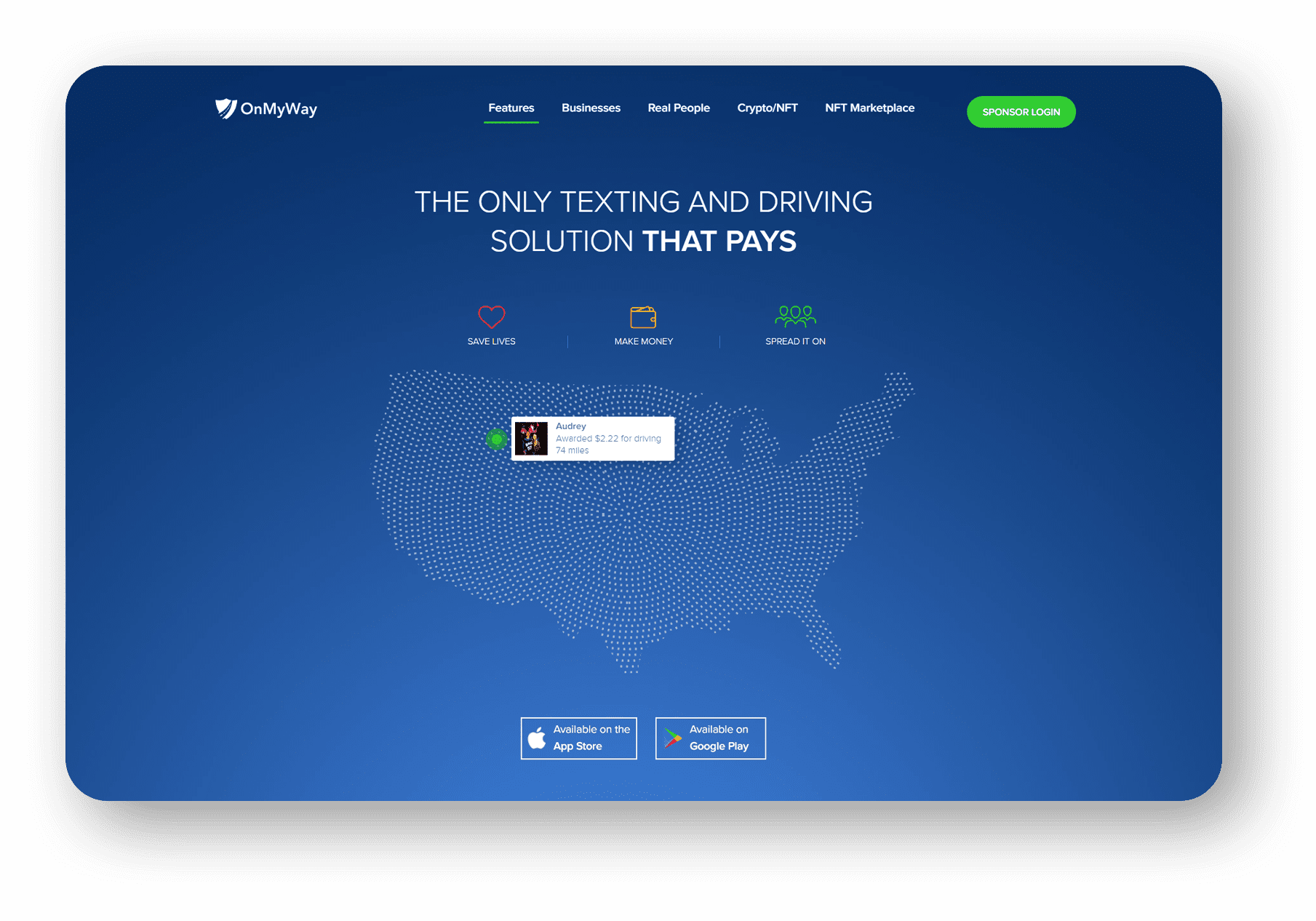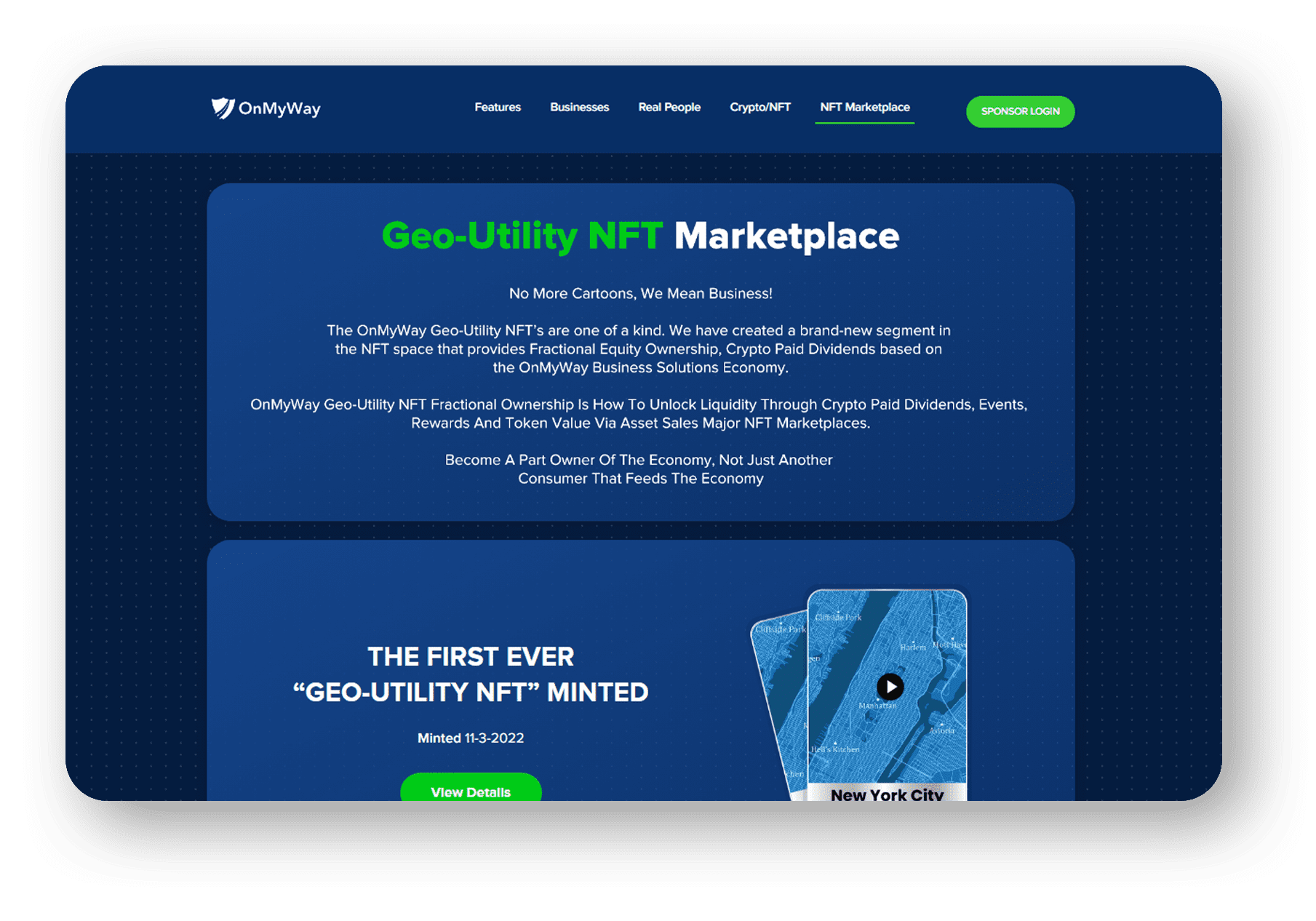
Marvel’s latest series serves as Fury’s first ever solo outing; fittingly, it’s just as twisty as he is. Marvel has dipped into politics and espionage, to varied success, throughout its 15-year history. But not since The Winter Soldier has the MCU juggled conspiracy, pulp, and paranoia so effectively. Secret Invasion is a surprising departure from the punch-pulling efforts of Marvel’s Phase 4, and the closest the franchise has come to “prestige” in a long time. It’s not quite the MCU’s Andor — it stumbles a bit in the beginning, possibly because it’s working so hard to reestablish Captain Marvel’s conflict. But once things click into place, it becomes a satisfying slow burn with a lot to say about our world.
Secret Invasion kicks off some years after Avengers: Endgame. Since Thanos was thwarted for good, Fury’s been hard at work building S.A.B.E.R., which for all intents and purposes is basically S.H.I.E.L.D. in space. There’s a sense that Fury is hiding, burying his head in the sand rather than tending to his responsibilities on Earth. It’s been 30 years since he promised Talos (Ben Mendelsohn), the de facto leader of the Skrulls, that he’d help them find a new home after being displaced by the Skrulls. Fury’s no closer to making good on his promise, and it’s laid the groundwork for a contentious cold war between the humans and the aliens living in their midst.
Talos’ daughter G’iah is now all grown up (portrayed here by Emilia Clarke) — and like the rest of the Skrulls who were raised as refugees, she’s understandably frustrated by Fury’s failure and her father’s reluctance to check him on it. She’s since joined up with a radical rebel leader, Gravik (Kingsley Ben-Adir), who shares a personal history with Fury. It’s Gravik who lures Fury from his fortress in the sky, if only to have an audience for the clandestine coup he’s pulling off behind the scenes.
As Gravik pits global superpowers against each other — and implicates Fury in his scheme — Talos finds himself caught in the middle. His bond with Fury is one of the series’ many high points, partially because it’s the one where Fury comes closest to bearing it all. Talos isn’t pulling any punches either: their rapport shimmers with a playful brotherly love and a loyalty that’s clearly been fostered over decades. But there’s a quiet resentment festering, too; a sense of strained allegiance as their respective worlds fall apart at the seams.
While “Secret Invasion” creator Kyle Bradstreet (“Mr. Robot,” “Copper”) does as good a job as one could in bringing new viewers up to speed, the previous Marvel film that’s most helpful to see before watching “Secret Invasion” is 2019’s “Captain Marvel,” which featured the Skrull story and introduced Earth-friendly Skrull Talos (Ben Mendelsohn, a series regular in “Secret Invasion”).
Fury reunites with compatriot Maria Hill (Cobie Smulders) as they seek to stop the Skrull Gravik (Kingsley Ben-Adir) from unleashing a dirty bomb attack. Episode two deals with the aftermath of that mission, perhaps-too-flimsily addresses why Fury doesn’t just hail the Avengers and delivers one of the most dramatic, CGI-free Marvel scenes ever as Fury and Rhodey (Don Cheadle) spar in a way that invokes their racial identity.
“We owe each other,” Fury tells Rhodey. “Men who look like us don’t get promoted because of who our daddies know. Every ounce of power we wrestled from the vice grip of the mediocre Alexander Pierces who run this world was earned in blood. So let’s make the power mean something: Help a brother out!”
Longtime Marvel fans may be pleased with the return of Samuel L. Jackson as Nick Fury, as well as Cobie Smulders playing Maria Hill, but they may lose some of that enthusiasm once the characters find their way into the plot. Jackson has always played Fury as a role that was specifically designed for him, but here it almost feels like he has forgotten exactly how much of himself to inject into the character. This time out, there seems to be something haunting Fury, a secret trauma that he won’t reveal to Hill or a returning Talos (Ben Mendelsohn). There are some brief hints in the opening episodes that more will be revealed, but Jackson never seems to carry the weight of this trauma in the majority of his scenes.
Secret Invasion finds Fury, Hill, and Talos going up against the Skrulls as a growing faction of the shapeshifting aliens plots a takeover of Earth. New additions to the MCU include Kingsley Ben-Adir and Emilia Clarke (whose role has been the source of much speculation) as Skrulls, with the former playing the villainous Gravik, whose ambition to rid the world of humans and make it a new Skrull homeworld even seems to be too much for some of his kind. Ben-Adir is a highlight, even if Gravik comes off as two-dimensional. He has clear motivations for his mission, and the performance fits the writing, but for someone who seemingly only wants what is best for his people, Gravik is just a bit too plainly evil.
Clarke’s role as G’iah, a soldier in Gravik’s army is a bit more complicated, and without giving too much away about the nature of her character, she is marked by internal conflict. Clarke handles the material fairly well, but within the first two episodes isn’t given anything all that challenging to work with.
To his credit, Jackson is solid as an older, more world-weary take of Fury, who feels like one of the few examples of a Marvel character who genuinely reads like someone who’s Been Through Some Shit. But aside from MI6 agent Sonya Falsworth (Olivia Colman), few of Secret Invasion’s characters are written with much panache, which has a way of making her and Jackson’s performances feel almost out of place.
Two episodes in, it’s hard to tell just how much heat Secret Invasion’s really cooking with because it does seem to be angling itself to be something of a slow burn with more surprising twists built in on the back end. It would be more than lovely to see those twists come at the end of a narrative that actually shows us — rather than tells us — just what all is at stake and how these characters are evolving in real time. But Secret Invasion also feels like exactly the sort of Marvel project that could end up falling into the trap of being too focused on previewing what’s coming next when what it really needs is to just work as a self-contained story.
In its early going, “Secret Invasion” stands out for its willingness to go places, and its reticence to call attention to itself. Consider that, in the two-and-a-half years since Marvel began its project of airing series that explicitly complement what’s happening in their film universe on Disney+, its TV shows have looked for all the world like segmented feature films, albeit with a little less major-scale action and with franchise stars like Chris Hemsworth and Paul Rudd juuuust out of view. Ever since “WandaVision,” the show that started this period for Marvel, wound up ditching its novel episodic premise in time for a big climactic fight, these shows have often struggled to make the case for themselves as shows.
These two episodes, by contrast, work, with a second-episode kicker that surprised me by leaning into the prickly perversity that can emerge in a “Body Snatchers” scenario. (About this, I’ll say no more, to preserve the surprise.) In the main, “Secret Invasion” has things on its mind that it’s content to tease out in a pace that a Marvel film might not allow. The persistence of commentary on Fury’s race, from Colman’s character jokingly comparing him to Paul Robeson and suggesting he might sing “Ol’ Man River” to Don Cheadle’s James Rhodes outright declaring that he owes nothing to the Black man who’d considered himself Rhodes’ mentor and calling him “mediocre.” The former depends on a certain context (an erudite joke about Moscow, where both Robeson performed and Fury’s been located, collides thuddingly with the Sonya character’s blunt approach), and the latter exists within the context of the roles both Rhodes and Fury, and Cheadle and Jackson, play within this universe. But together they suggest there’s still more to tease out as this show goes on. The conversation with Cheadle, in particular, gives new notes to play for an actor who’s for many years been asked to bring out the best in the heroes around him. Jackson’s morose disappointment, verging for a tense moment into rage, suggests, too, that the performance will show us still more of this legendary actor’s toolkit.
I was hooked for maybe the first 15 minutes of the Ali Selim-directed pilot, which aggressively nods in the direction of The Third Man, complete with conversations about clocks, arched doorways, evocatively lit pursuits through tunnels and a small child with an ominously bouncing rubber ball. There’s a solid foot-chase around “Moscow” — everything in Secret Invasion is set in chilly, gray urban spaces that don’t resemble anywhere specific — and Jackson and Colman get their lone scene of insinuating banter, with a Paul Robeson joke that made me laugh out loud.
Unfortunately, the action in Secret Invasion peaks with that first scene. Only a countdown to possible disaster in a Russian square at the premiere’s climax (building up to something shocking that may piss some fans off) comes close. Then, other than a brief bout of torture in the second episode, the series is almost all talk.
Now, good action doesn’t necessarily make for a good Marvel series. I wrote a positive review of The Falcon and the Winter Soldier based mostly on the rousing, effects-driven premiere and then watched the show struggle to find itself for three or four episodes. And talk doesn’t need to be bad, even in the MCU. It can be thrilling in its own way, whether a conversation about abandonment between Maria and Fury, or a sit-down, infused with the series’ only dose of racial politics, between Fury and Rhodey. More often than not, though, the conversations in the first two episodes are one person after another either telling Nick Fury that he’s past his peak or, in his absence, discussing how they’re not worried about Nick Fury because he’s past his peak.
The somber plot is both familiar and predictable. Once the Skrulls can be anybody and you’ve played the “Is that the character I recognize or is it a Skrull in disguise?” game four or five times, it’s impossible to build tension around what ought to be provocative ideas of identity. It’s like how I chuckled at half an episode of Netflix’s Is It Cake? and then stopped finding it entertaining. It either is or isn’t cake and they either are or aren’t Skrulls, and that’s just not enough premise upon which to hang burgeoning paranoia, much less an ongoing series. Secret Invasion acknowledges some of the underlying refugee/immigrant metaphors that popped up in the second half of Captain Marvel — but, like nods to the current geopolitical tensions in Russia or a facile opening joke about the blurring line between news and disinformation, usually it isn’t about much of anything. And if it isn’t committed to being about much of anything or to making sure that enough is happening, that’s a bad combination.
Of course, with the Disney+ Marvel shows, my opinions have often shifted wildly as seasons progressed, whether I found myself liking them less (the aforementioned Falcon and the Winter Soldier) or more (the aforementioned Hawkeye), or more and less (the impressively inconsistent She-Hulk). There are elements here with a lot of potential, starting with the father-daughter relationship between Talos and G’iah, which hasn’t been given enough screen time yet for Clarke to be anything more than glum and conflicted. Ben-Adir gives Gravik a chilly and reptilian streak that’s wholly appropriate for whatever it is that Skrulls are, without yet feeling like a compelling threat. It’s not as if I’m going to stop watching any show that lets Samuel L. Jackson and Olivia Colman circle each other in a conversational dance of diplomatic menace. Eventually Katie Finneran, playing a scientist with no characterization to speak of, may get to sing.
OVERVIEW
OnMyWay Is The #1 Distracted Driving Mobile App In The Nation!
OnMyWay, based in Charleston, SC, The Only Mobile App That Pays its Users Not to Text and Drive.
The #1 cause of death among young adults ages 16-27 is Car Accidents, with the majority related to Distracted Driving.
OnMyWay’s mission is to reverse this epidemic through positive rewards. Users get paid for every mile they do not text and drive and can refer their friends to get compensated for them as well.
The money earned can then be used for Cash Cards, Gift Cards, Travel Deals and Much, Much More….
The company also makes it a point to let users know that OnMyWay does NOT sell users data and only tracks them for purposes of providing a better experience while using the app.
The OnMyWay app is free to download and is currently available on both the App Store for iPhones and Google Play for Android @ OnMyWay; Drive Safe, Get Paid.
Download App Now – https://r.onmyway.com
Sponsors and advertisers can contact the company directly through their website @ www.onmyway.com

OnMyWay is the Only Texting and Driving Solution That Pays
Trusted and 











